Data Governance vs Data Management: The Ultimate Comparison
Effective data management hinges on robust data governance. Data governance solutions establish policies and procedures for data handling, while data management solutions execute these guidelines, ensuring data is efficiently organized and utilized for informed decision-making, fostering rational and sustainable practices.
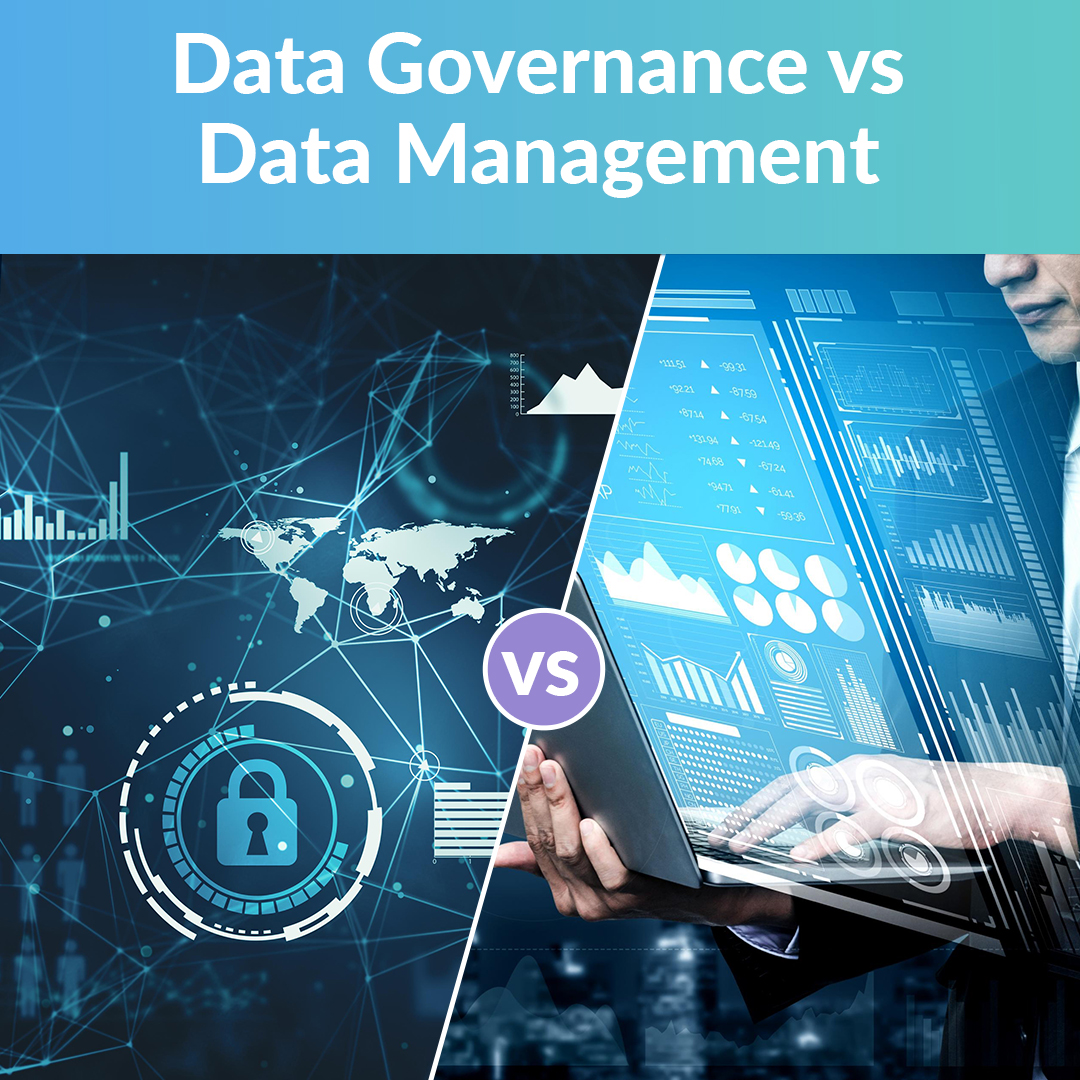
Gain Actionable Insights with Precision-Driven Data Management Expertise

“Data governance is not just a checkbox exercise, but a strategic investment that can propel you ahead of the competition. Well-defined data governance policies provide guidelines for data access, usage, and interpretation, supporting business users with the ability to explore and analyze data on their own.”– Forrester
What is Data Governance: Overview
An organization’s overall plan for the proper usage, processing, and preservation of data is determined by its data governance policies. For data governance to be successful, it consists of several essential elements that must cooperate People, Standards, and Policies.
A framework for data governance aids businesses in creating policies regarding:
- Who has access to and uses data?
- Reducing the risks for businesses that come with keeping sensitive data
- Ensuring the safe storage of data
- Deciding on data storage procedures and the duration of data retention
To ensure regulatory compliance, reduce risks, enhance data security, and establish accountability for an organization’s data, an efficient data governance approach is necessary. It is also possible to establish standards for data quality using data governance regulations.
Components of Data Governance
- Data Stewardship: To ensure data access, security, and quality, stewards set an example for others to follow and assist in monitoring how teams use data sources.
- Data Quality: A key component of data source management is data quality. No matter how strong your governance program is, it will not matter if businesses do not have high-quality data. Any data-driven organization’s foundation is its accurate, comprehensive, and trustworthy data.
- Compliance & Data Security: To provide secure access points and maintain a balance between user involvement and security, data security and compliance practices involve first classifying and categorizing data sources according to their risk categories.
What is Data Management: Overview
All facets of an organization’s data, including its collection, archiving, transformation, delivery, usage, and deletion, are covered under data management. These tasks usually connect the data strategy with the business strategy. Businesses spend money on data management so they can understand the types of data they have, how to describe it, and why they are collecting it. This data is useful for answering common data management queries from leaders, such as:
- Where is the data that we require located at the moment?
- Do we have reliable data since our data quality is adequate?
Data management best practices call for collaboration amongst all members of the organization, from subject matter experts and product managers to data engineers and modelers, to provide quality responses to these questions. This is particularly true when each team oversees a distinct data product. Apart from teamwork, IT, engineers, and other personnel use their tools and procedures to manage and enhance data flow inside the company and on the cloud.
When companies work together to effectively manage their data, they safeguard information by legal requirements and business principles while also providing operators and operations with access to it.
Components of Data Management
- Data Preparation: Cleaning and converting raw data to make it suitable for precise analysis is the process of data preparation. In the haste for reporting and analysis, this crucial initial stage can occasionally be overlooked, which leads to businesses using faulty data to make poor judgments.
- Data Catalogs: By maintaining information and facilitating the retrieval and tracking of data, data catalogs aid in the creation of a comprehensive picture of the data.
- Architecture Data: Data flow management will be formally organized using data architecture.
- Data Warehouses: By combining all data sources into one location, data warehouses offer a clear path to data analysis.
Achieve Compliance Excellence with Expertly Developed Governance Frameworks
Data Governance vs Data Management: The Ultimate Comparison
The complementary processes of data governance vs data management enable an organization to successfully implement its data strategy. Their cooperation ensures that data is handled effectively and by business goals and policies, optimizing its value.
 1. Data Governance vs Data Management: Purpose & Processes
1. Data Governance vs Data Management: Purpose & Processes
Data governance involves setting procedures and policies for organizational data usage. Key processes include establishing data quality standards, implementing data lineage for traceability, and monitoring management practices to ensure compliance. This framework ensures data integrity, accountability, and adherence to regulatory requirements.
Data management encompasses daily data operations by applying data governance standards. Key processes include data integration for a unified view, implementing security controls for data protection, and data archiving to prevent loss. This ensures consistent, secure, and reliable data handling for effective organizational use.
2. Data Governance vs Data Management: Data Security & Privacy
Data governance trains business units on how to handle data legally and securely and establishes the requirements for legal compliance with data rules. It provides a strategic roadmap for putting security and privacy controls in place by outlining precise policies on who can access what data, when, and with what safeguards in place.
Conversely, data management enforces these rules, ensuring organizational data handling practices comply with the governance framework. Actions include automating data encryption and setting up access controls. This ensures sensitive data is protected, accessible only to authorized personnel, and used appropriately, safeguarding privacy and compliance.
3. Data Governance vs Data Management: Accountability & Stakeholders
Data governance engages a wide range of stakeholders, such as business leaders, data owners from various departments, and a data governance council. The council directs and oversees the implementation of data governance policies, ensuring broad involvement and alignment across the organization.
Data management is mainly handled by technical teams, including data engineers, data architects, and IT professionals. They implement the technical aspects of data management, utilizing specific tools and technologies to ensure effective data processing, storage, and security.
4. Data Governance vs Data Management: Roles & Responsibilities
Data governance defines roles for data stewards, data owners, and other stakeholders responsible for managing and governing data assets. These roles involve establishing policies, setting data standards, resolving data issues, and monitoring compliance to ensure proper data handling and accountability across the organization.
Data management entails tasks like data collection, storage, processing, and analysis. Roles include data engineers, analysts, database administrators, and data scientists. They implement data management processes, maintain data infrastructure, and generate insights, ensuring efficient and effective use of organizational data.
5. Data Governance vs Data Management: Objectives
Data governance aims to establish accountability, transparency, and trust in an organization’s data assets. It ensures data is used responsibly and ethically, aligning with organizational goals. Objectives include improving data quality, integrity, and reliability, mitigating data-related risks, and ensuring regulatory compliance.
Data management aims to optimize data processes, enhance usability, and maximize the value of data assets. It improves accuracy, consistency, and completeness to support business decisions and operational efficiency. Streamlining workflows, reducing redundancy, and enhancing accessibility are key to ensuring effective use and innovation with data.
Ensure Data Integrity Across Operations with Our Reliable Solutions
How Do Data Management and Data Governance Collaborate?
To ensure the efficient and ethical administration of data assets within an organization, data governance, and data management are complementary disciplines that cooperate.
- Continuous Improvement: To adjust to changing business needs and legal requirements, data governance and management projects are iterative processes that require constant monitoring, measurement, and improvement.
- Integration: Data workflows, from data collecting to analysis and decision-making, are made easier by the integration of data governance and management processes.
- Alignment: Data governance ensures that data management initiatives are in line with company goals and legal requirements by providing the structure and strategic direction.
- Collaboration: To create and implement data regulations and standards, data governance requires cooperation amongst multiple stakeholders, such as business executives, IT specialists, data stewards, and compliance officials.
Wrapping Up
While often used interchangeably, data governance and data management are distinct functions that collaborate to ensure accurate and well-managed data.
- Data governance establishes policies and standards integral to effective data management, which encompasses processes like data integration and security.
- Master data management is essential for implementing robust data governance.
Understanding these distinctions and their synergy empowers businesses to craft comprehensive data management plans that meet operational needs and regulatory requirements.
With over a decade of expertise, NextGen Invent specializes in developing tailored data management frameworks aligned with organizational objectives. Our solutions ensure reliable, accurate, and compliant data through rigorous regulatory adherence.
Contact NextGen Invent to explore how we can design a master data management system tailored to your company’s needs and goals.
Frequently Asked Questions About Data Management vs Data Governance
Related Blogs
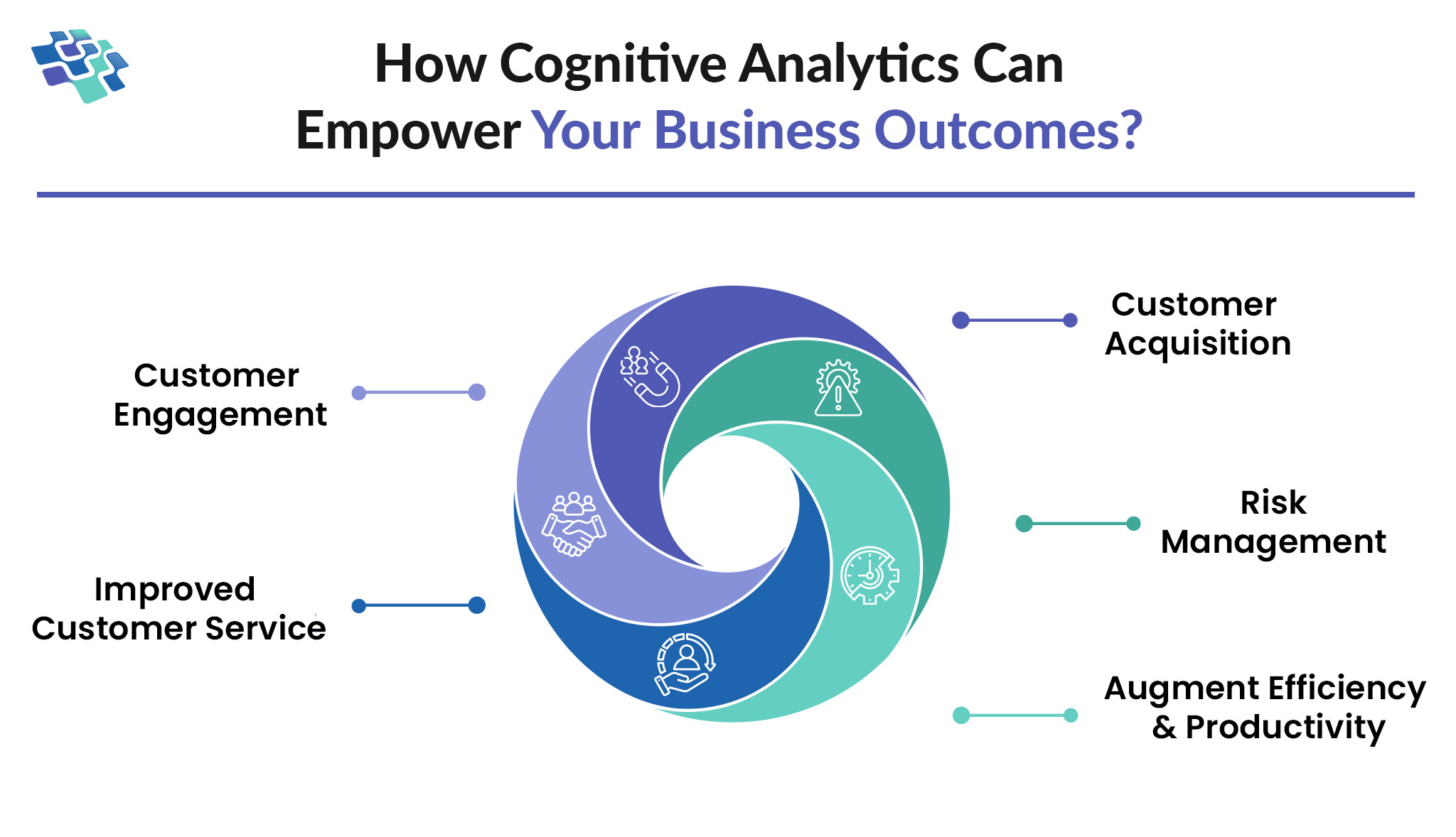
How Cognitive Analytics Can Empower Business Outcomes?
How then does it operate? Cognitive analytics uses algorithms to extract meaning from data. It’s like having an intelligent worker who never stops working or sleeps! This can evaluate millions of data points in a matter of seconds.
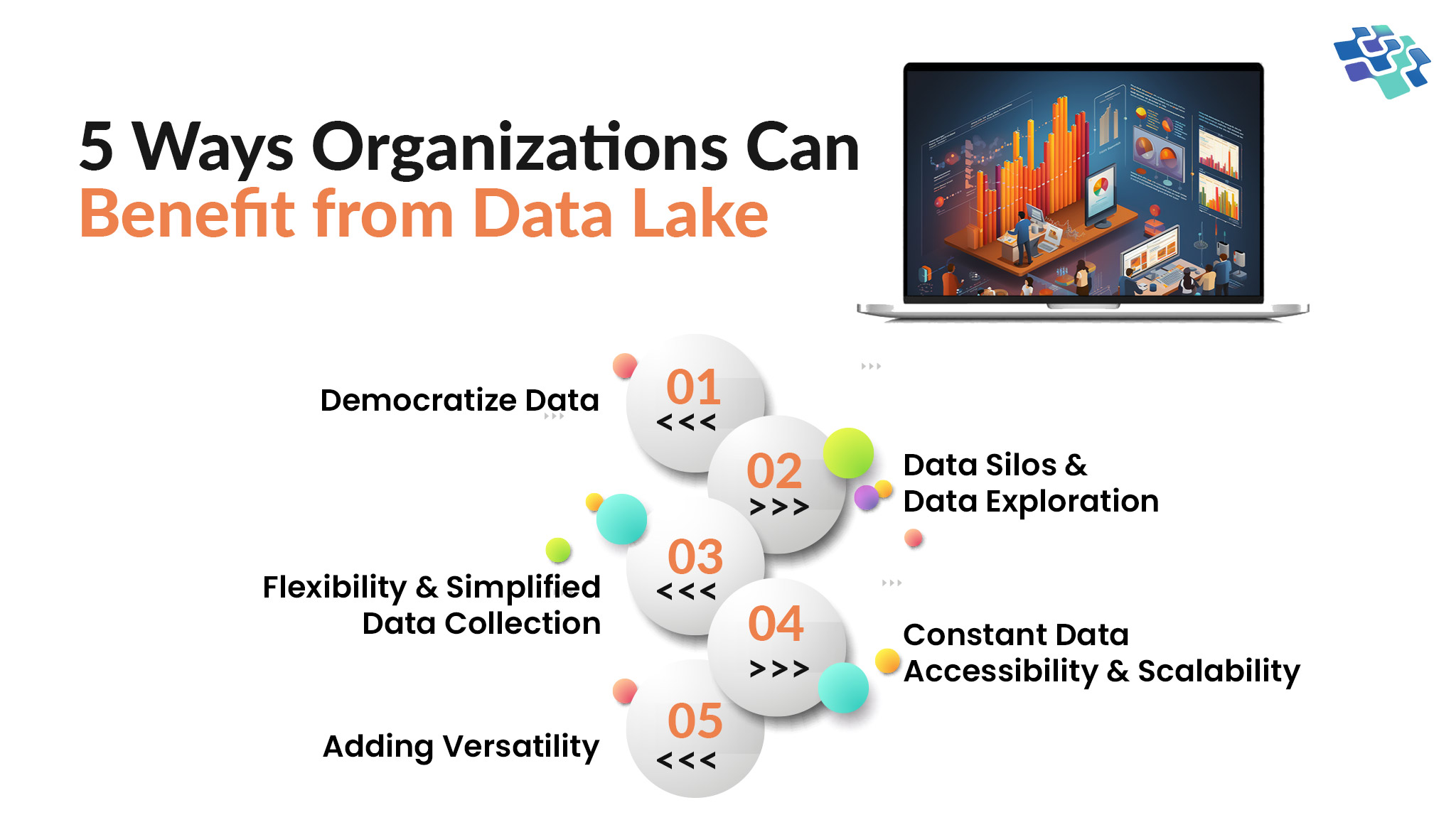
Why Does Your Business Need Data Lake?
One of the most revolutionary things the world is seeing is the sheer amount of data we are gathering. According to a business research paper, approximately 2.5 quintillion bytes of data are created daily.
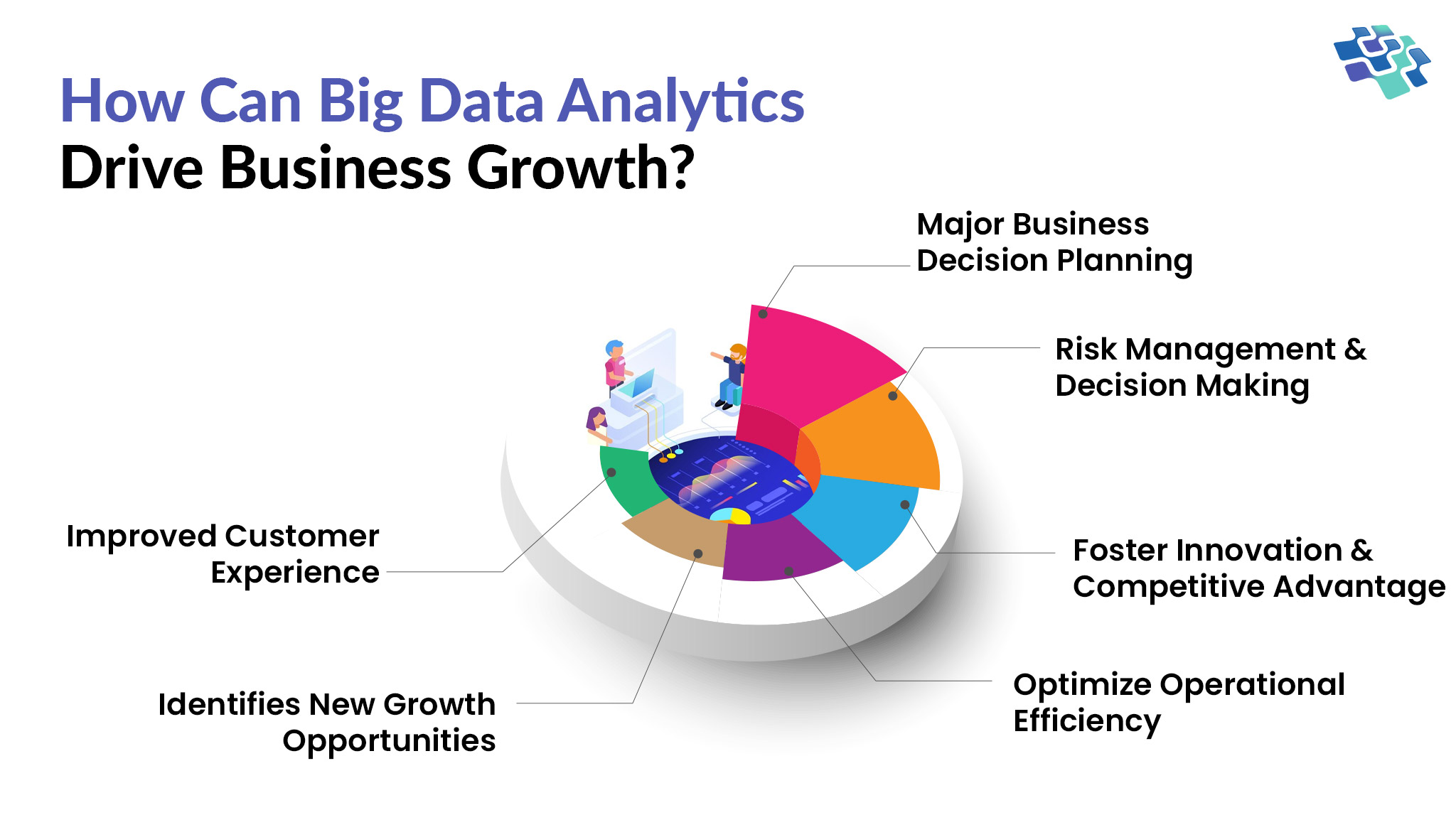
How is Data Analytics in Business Driving Growth?
Businesses are gathering enormous amounts of data in today’s ever-changing business environment. They have access to a multitude of data, ranging from website traffic and social media marketing to consumer contact and sales information.
Stay In the Know
Get Latest updates and industry insights every month.
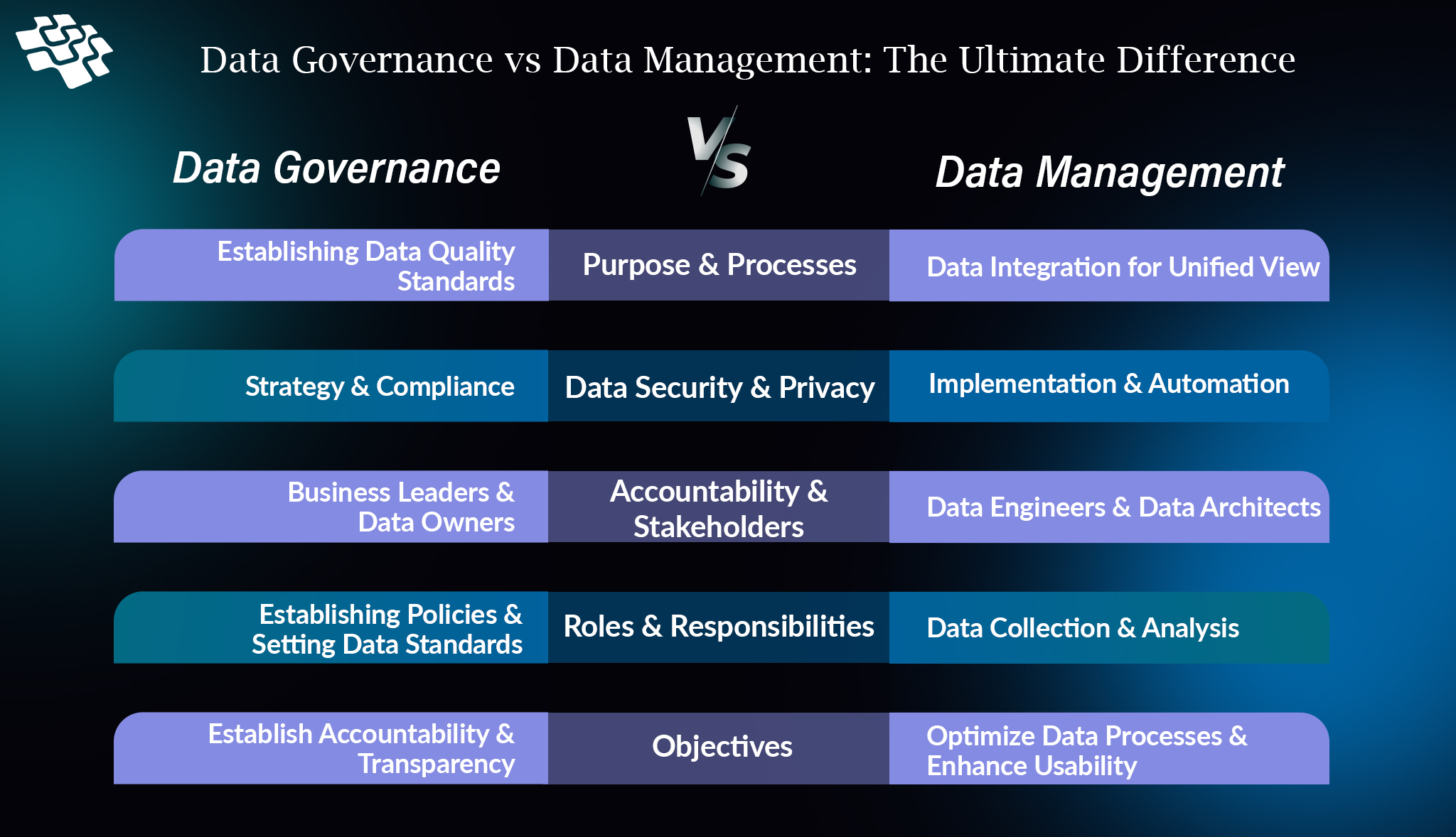 1. Data Governance vs Data Management: Purpose & Processes
1. Data Governance vs Data Management: Purpose & Processes